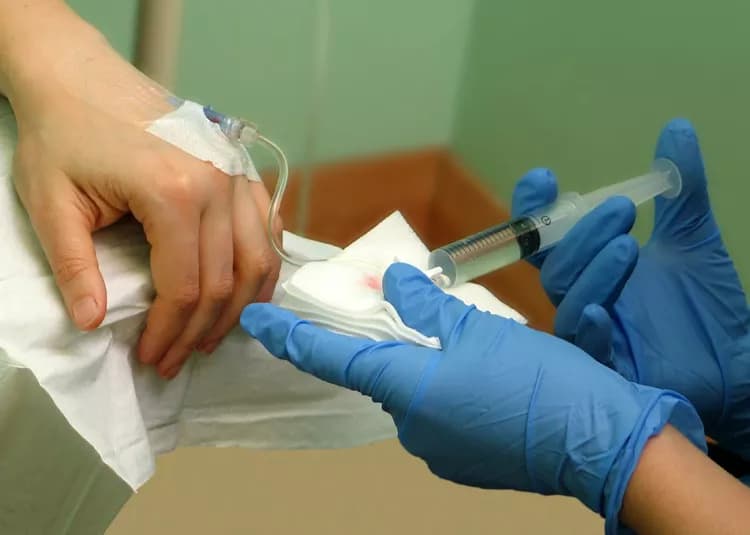
Cognitive Difficulties in Breast Cancer Survivors Following Chemotherapy
A recent study in the journal Clinical Neurophysiology reports that breast cancer survivors who underwent chemotherapy exhibit cognitive impairment when compared to healthy controls.
Cognitive impairment is defined as “when a person has trouble remembering, learning new things, concentrating, or making decisions that affect their everyday life,” by the Centers for Disease Control and Prevention (CDC).
It has been previously reported that up to 75% of cancer patients reported cognitive impairment either when they are undergoing therapy or post-treatment. Another article reported that the cognitive difficulties were more pronounced when the patients were treated with a high dose of chemotherapy drugs compared to a standard dose. However, both high and standard doses showed significant cognitive impairment compared to the healthy patients.
In the study being discussed here, breast cancer survivors who self-reported issues in cognition (up to 3 years post-treatment) were compared with healthy subjects. All women were given task/s to complete, which required sustained attention. Researchers observed electrical activity in the participants’ brains by electroencephalograms (EEG) while they were engaged in completing their tasks. Intermittently, the women were also asked about what they thought was their state of attention. The following were the major findings from the investigation:
- The brains of breast cancer survivors were less likely to stay focused
- The “chemo-brains” (a term coined for the brains of people who have undergone chemotherapy) were more likely to stay in a “disengaged” or wandering state
- A large part of the brains were turned off even when the participating breast cancer survivors thought they were focusing on a task
- When not performing as task or told to relax, the brains of breast cancer survivors were found to be more active than those of healthy women.
One of the authors, Dr. Todd Handy, said to British Columbia News, “A healthy brain spends some time wandering and some time engaged.” He added, “We found that chemo brain is a chronically wandering brain, they’re essentially stuck in a shut out mode.”
Research has shown that long after completion of chemotherapy, sometimes years later, cognitive impairment is still observed. In the authors’ opinion, the combination of EEG with the less traditional technique of measuring sustained attention, could help pave the way for monitoring complaints on chemotherapy-related cognitive impairments.
Written by Mangala Sarkar Ph.D.
Primary Reference:
Kam, J., Brenner, C., Handy, T., Boyd, L., Liu-Ambrose, T., Lim, H., . . . Campbell, K. (2015). Sustained attention abnormalities in breast cancer survivors with cognitive deficits post chemotherapy: An electrophysiological study. Journal of Neurophysiology.
DOI: http://dx.doi.org/10.1016/j.clinph.2015.03.007
Additional References:
Janelsins, M., Kohli, S., Mohile, S., Usuki, K., Ahles, T., & Morrow, G. (2011). An Update on Cancer- and Chemotherapy-Related Cognitive Dysfunction: Current Status. Seminars in Oncology, 38(3), 431-438.
(n.d.). Retrieved April 30, 2015, from http://www.cdc.gov/aging/pdf/cognitive_impairment/cogimp_poilicy_final.pdf
'Chemo brain' is real, say UBC researchers. (2015, April 27). Retrieved April 30, 2015, from http://news.ubc.ca/2015/04/27/chemo-brain-is-real-say-ubc-researchers/
Dam, F., Schagen, S., Muller, M., Boogerd, W., Wall, E., Fortuyn, M., & Rodenhuis, S. (1998). Impairment of cognitive function in women receiving adjuvant treatment for high-risk breast cancer: High-dose versus standard-dose chemotherapy. JNCI Journal of the National Cancer Institute, 90(3), 210-218.
Related Articles
Test Your Knowledge
Asked by users
Related Centers
Related Specialties
Related Physicians
Related Procedures
Related Resources
Join DoveHubs
and connect with fellow professionals

0 Comments
Please log in to post a comment.